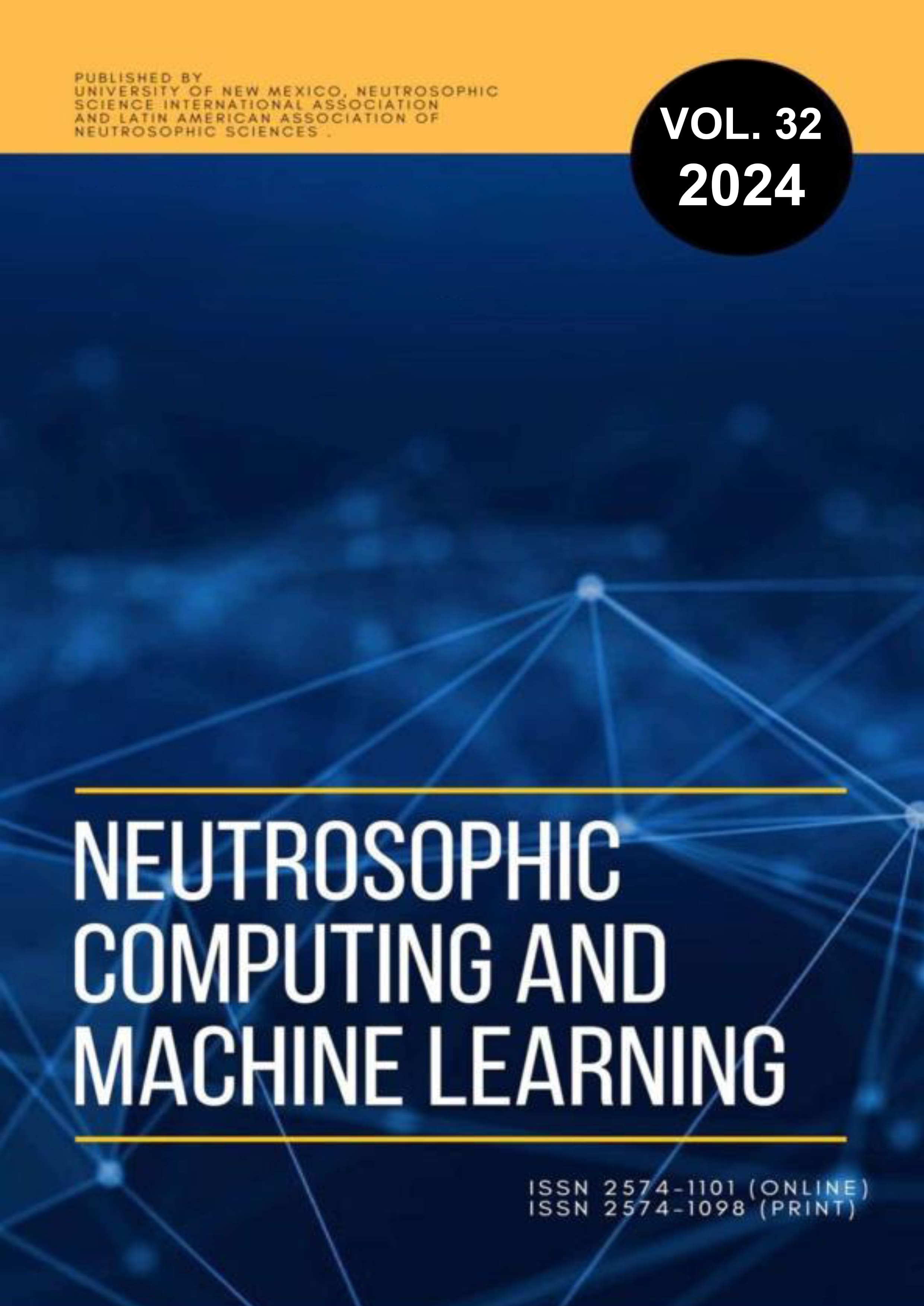Neutrosophic multicriteria method for the evaluation of the judge's unconstitutional intrusion in the trial hearing and its contradiction within the dispositive system
Main Article Content
Abstract
The present research work is developed by carrying out an analysis of the principle of impartiality of judges in the Republic of Ecuador and the violations that are generated to this principle when some judges, instead of considering their guarantor role, carry out procedural actions, especially linked to the evidentiary activity, which undoubtedly generates a direct impact on the parties' right to defense, since when the judge acts as a party, technically this process stops having an independent, impartial third party to resolve the conflict. This research aims to develop a neutrosophic multi-criteria method for the evaluation of the judge's unconstitutional interference in the trial hearing and his contradiction within the framework of the dispositive system. It is determined in this study that when a hierarchically inferior norm such as the General Organic Code of Processes and the Comprehensive Criminal Organic Code opposes the Constitution, the Judge must weigh the constitutional norm, the content of the procedural legislation being ineffective per se. under constitutional. However, in procedural practice, some activist judges, instead of respecting the constitutional mandate, use the spaces of procedural legislation to exercise more power, distorting their role of impartiality to the detriment of the dispositive exercise that is one of the pillars of orality that is imposed as a model of the Ecuadorian Procedural System, as determined in Art.168 No.6 of the Constitution of the Republic of Ecuador.
Downloads
Article Details

This work is licensed under a Creative Commons Attribution 4.0 International License.

